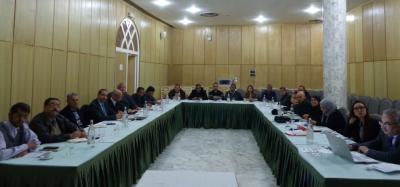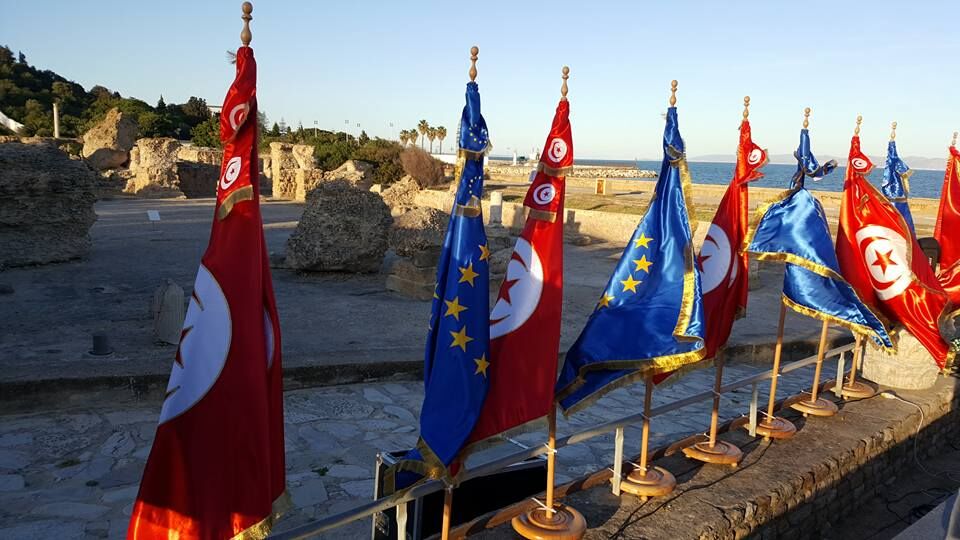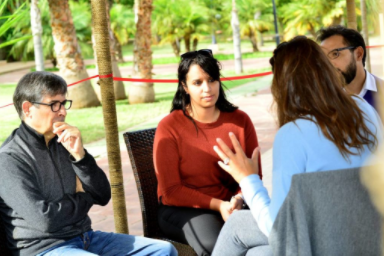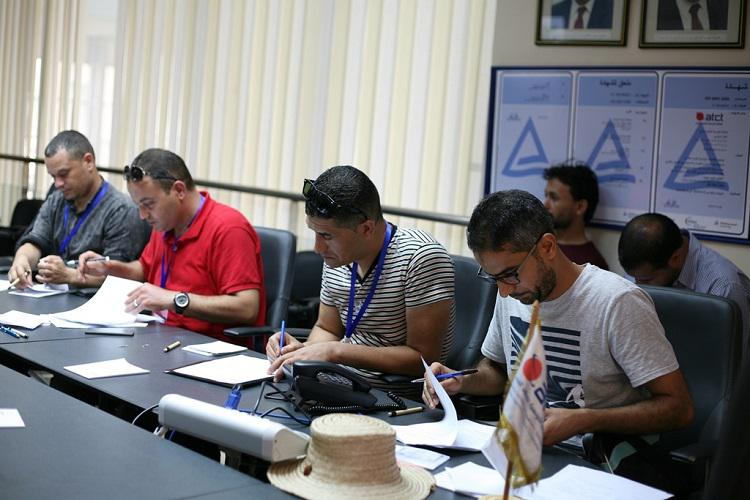Sustainable Energy Action Plans: EU project holds training for Tunisian municipalities

The EU-funded CES-MED project held a two-day workshop in the city of Sousse, Tunisia earlier this month to introduce the Sustainable Energy Action Plans (SEAPs & SECAPs) methodology to Tunisian municipalities and share the experience of the municipalities affiliated to the project, which have already prepared their SEAPs and joined the Covenant of Mayors.
The workshop, attended by representatives of more than 20 Tunisian municipalities, presented the SEAPs objectives, manuals, guidelines and the SEAPs available on the project’s website. The work achieved with the three affiliated Tunisian cities, and international, national and local partners was also presented.
The project team presented the Tunisian SEAP Support Mechanism, through the “Alliance of Communes for the Energy Transition” (ACTE) programme and exposed the SEAP experience of Sousse, Sfax and Kairouan in the framework of the Covenant of Mayors (CoM) targets and engagements. The process to join the CoM, the monitoring process and the advantages gained through this membership were also explained.
The workshop also included a session on Community Awareness Plans (CAPP) and related Communication Actions, and one on Baseline Emissions Inventory (BEI) methodology in the context of Tunisian national requirements.
Through the second day, presentations on the possibilities of funding and sustainability were delivered. This was followed by detailed technical analysis and exercises related to SEAPs preparation, BEI calculations and the analysis of an Action Fiche.
The “Cleaner and Energy Saving Mediterranean Cities” (CES-MED) project is an EU-funded regional initiative set up to provide training and technical assistance support to local and national authorities in the southern Mediterranean region, with a view to helping them respond more actively to sustainable policy challenges.
CES-MED ensures that the actions proposed match with the objectives of the Covenant of Mayors: to reach and even go beyond the European objective to reduce CO2 emissions by 20% thanks to the improvement of energy efficiency and the increased use of sustainable energy.
Read more
CES-MED project – website




























 Syria
Syria 





